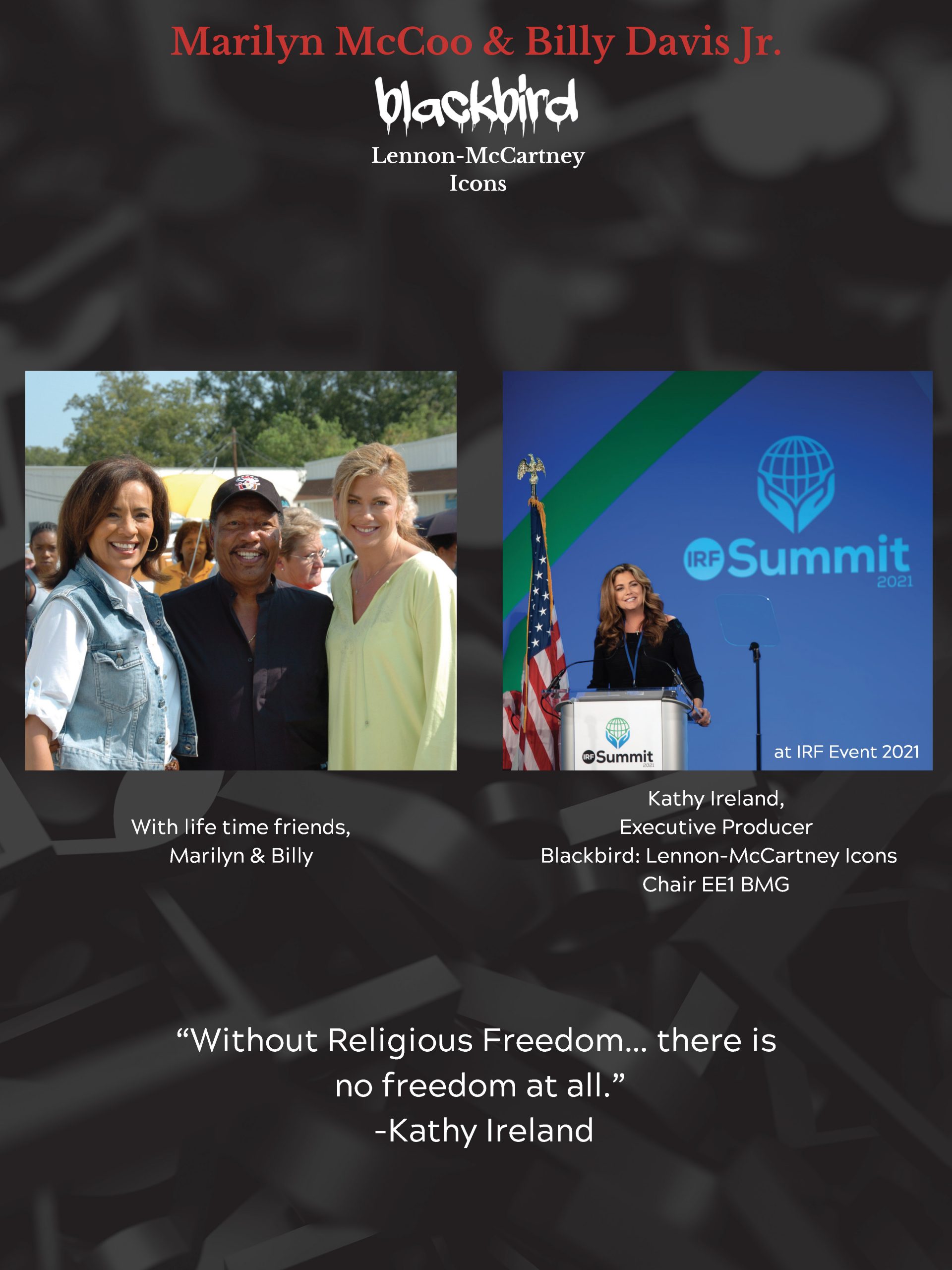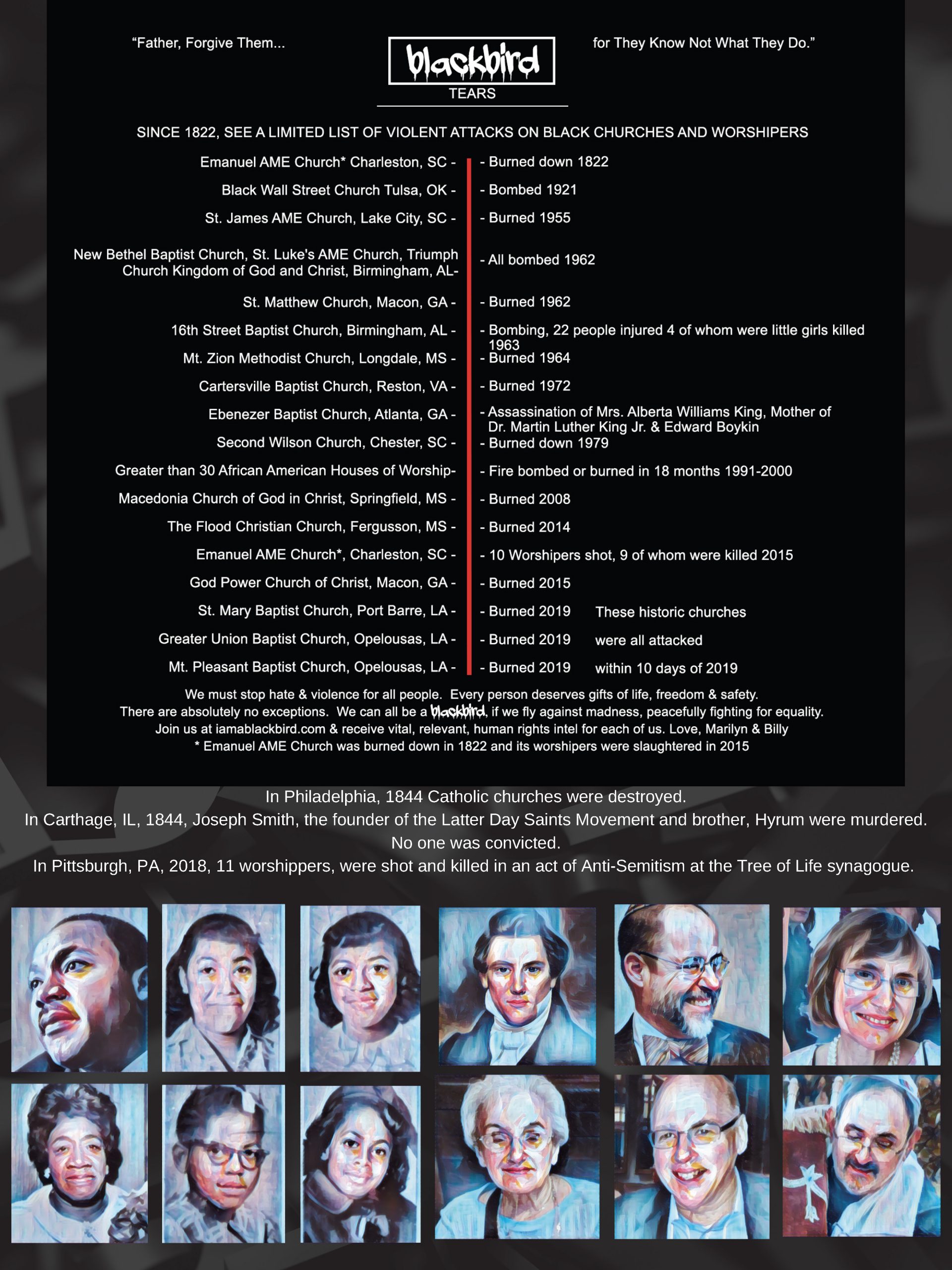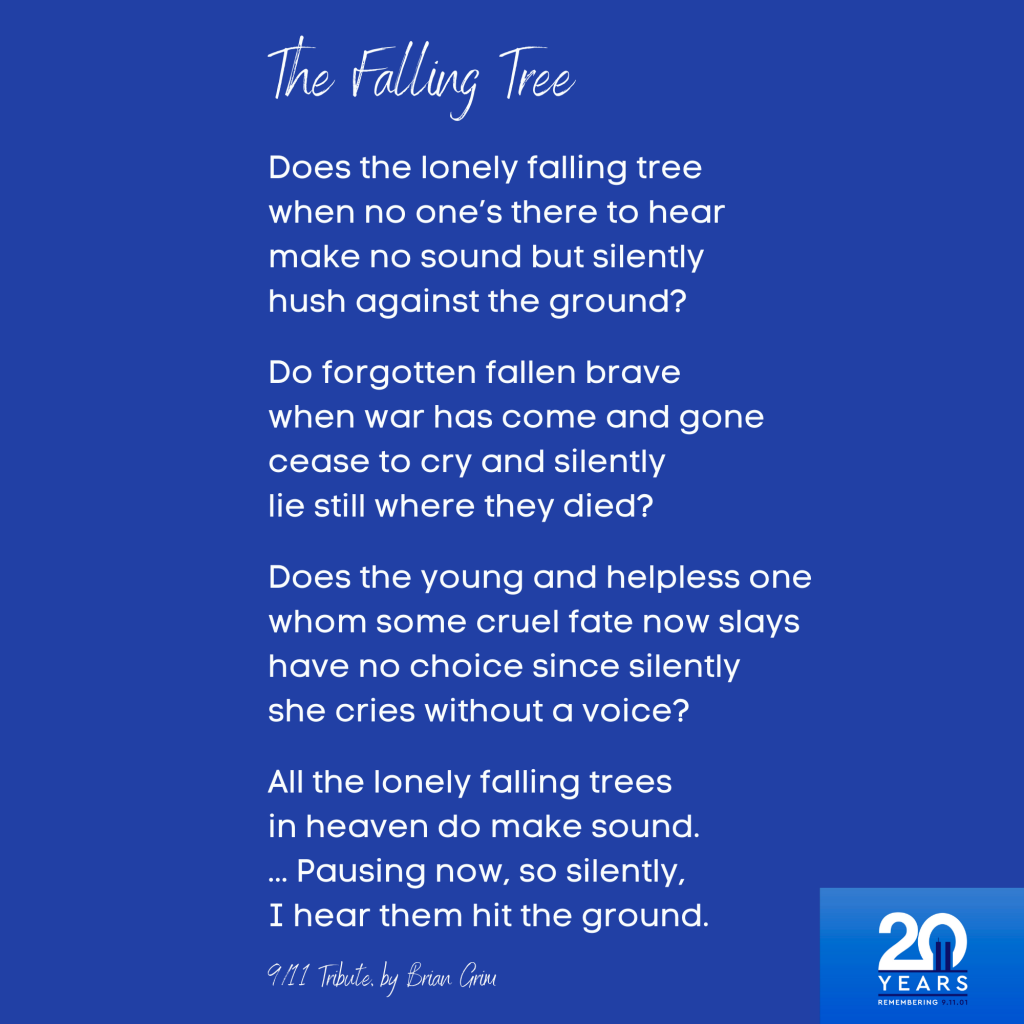
by Steven A Hitz. Steve is a co-founder of Launching Leaders Worldwide. Launching Leaders, a partner of Religious Freedom & Business Foundation, has engaged participants in 43 countries on six continents through a faith-based personal leadership curriculum which empowers participants everywhere.
Perhaps it is my love of sailing, having gained my ocean sailing certificate last year, that enthralls me about sailing adventures. Particularly shipwrecks and the true stories behind them.
A new friend recently referred me to one of these books, Island of the Lost, by Joan Druett. I imagined the crew and situations as the details of their experiences unfolded, in a day when you couldn’t drop your sails and start the engines to motor sail toward safer waters. This was circa mid 1800’s. They sailed a schooner named Grafton.
I found myself comparing their experience to the lives we live today. To completely surrender to the powers of mother nature and to circumstances beyond our control is a challenge of will and faith. Being at mother nature’s mercy requires a degree of faith and perseverance, especially when our physical powers don’t offset the storms of life. It also demands a certain degree of humility, knowing in the end we may not be able to find reasons for the shipwrecks on the shores of life. For each of us, our journey may be fraught with peril. But through the process we discover previously unknown strengths as we sojourn along this uncertain path called life.
This past year many of us have been beaten on reefs, with winds and gales pounding waves over the deck. Facing global challenges of epidemics, pandemics, and government uncertainties, we find ourselves anxious with many situations out of our control.
In her book, Druett extracts exacting journal entries from the survivors. The Grafton was shipwrecked in a mighty storm in the South Pacific. As they abandoned ship and made it to shore, Francois Raynal, a frail crewman, was left alone to keep a fire alive while the other four survivors looked for shelter. He wrote, while feeling very alone and gripped by a terrible panic, “How and when should I escape from this island, hidden in the midst of the seas, and lying beyond the limits of the inhabited world? Perhaps never! I felt my heart swell; I was almost suffocated; tears which I could not restrain filled my eyes, and I wept like a child.”
I know the pain, having lost a son who was filled with loneliness. I know the pain, recently losing another aging parent to maladies of the day. I know the pain, learning that a friend lost his wife to COVID-19; he certainly knows the pain. My heart breaks for him; he couldn’t even attend his wife’s funeral as he too came down with COVID. For many of us this past year, we can recite similar experiences of pain while trying to weather the storms of life.
Not all pain has to be dramatically tragic. So much of our painful experiences are silent, where the breeding grounds of anxiety and depression find roots. There are many forms of pain which put us on the edge of our sailing ships, looking for calmer waters.
A short time ago, I witnessed a young married man trying to get his family back to Hawaii from the mainland. I was in our UPS Store and watched as the owner of the store informed him that shipping several objects to Hawaii would cost many times the anticipated charge. I witnessed the dejected look on this young man’s face, not being able to process the fact that these important possessions that needed to make the trip to their new home were about to be abandoned. As I watched this scene play out, I was nudged to do something NOW. My heart said “this family needs a pay-it-forward lift; a respite from the storm. I was in a position to help the young man pay the fare. Tears were in both of our eyes, the store owner standing in disbelief, and the line that had formed behind us literally clapping for what had transpired. This young family was on their way, with their important possessions coming along too, nothing left behind. Someday, they will return the favor to someone else stranded on the reef needing a lifeline. I’m not patting myself on the back—anyone with a heart and means would have done the same thing.
As he tended the fire, the shipwrecked Francois Raynal remembered he had experienced a revelation his first night at sea many years prior. Said he “the limitless sea surrounded me; the celestial vault was for the first time displayed before my eyes in all its vastness; I was plunged everywhere into the Infinite – my soul was penetrated with a grave and solemn enthusiasm, the thought of the Supreme Being…. was present in my spirit.”
Everyone has a connection to a version of their God of the universe. When tragedy comes our way, we need to tap into the unspoken power we derive from that. Raynal’s faith was a constant support and prayer restored his courage. He later wrote “For every ill there is a good,” commenting on the lovely bird life that was attracted to their campsite.
I feel the same, along with my family. In our commonality of purpose, the healing powers are present as we enjoy the prayers from those of many faiths – as my Rabbi friend John Borak has coined “Many Faiths, One God.”
Each of us is in our own boat, charting our own course, discovering our true identity and purpose, and hoping for a steady and safe wind and manageable seas. When the sea is too rough and we find ourselves shipwrecked, we hope that others will rescue us and bring us safely to shore. We look yonder and prepare to sojourn once again on yet another journey. As we embark, may I share a few principles to apply if we find ourselves shipwrecked in one form or another.
- (1) Move Forward. I have a dear friend who experienced a tragic, unexpected loss of a loved one. She was counseled to “just move on” and not languish in the past. She didn’t feel settled with this counsel. It felt like she was being asked to simply “move on” as if the tragedy never happened. A little while later, she was listening to a podcast regarding grief and heard the counsel to “move forward” (rather than “move on”). What a difference a word makes. Our experiences make us who we are, especially the tragic ones. Moving forward allows us to keep our learned experiences and make our future even more meaningful. This has been our family’s experience also – MOVE FORWARD.
- (2) Give yourself a break. The captain in the shipwreck saw the angst and hopelessness on the faces of his crew. There was still much to do to secure their winter shelter should they not be rescued in a timely manner, and time was of the essence. But looking into their eyes, he saw they needed to rest and be allowed to gather themselves and recover; to allow them to process, take a deep breath and prepare to muster their strength for another day. He gave them a day off. Great captains give their crews a break after the storms have passed. We ought to do the same as captains of our own souls.
- (3) Rediscover the innate unspeakable spirit that beckons our God to help us. Often when times are smooth, we may forget the force we once felt connected to; tragedy is our opportunity to reconnect and rediscover that peaceful center.
- (4) Step up when prompted. There will be times in our lives when we witness the storms of life passing over those we know and love and even those we know not at all. EVERYONE needs a lifeline from time to time, so let’s be very aware that we may hold the line that needs to be thrown and do so immediately.
- (5) Listen for the singing birds. I often imagine my deceased son speaking to me through nature. My favorite songbird is a meadow lark. It sings to me every morning from spring to late fall. We can remember as Raynal did, that ‘for every ill there is a good,” and perhaps when we move forward, give ourselves a break, surrender, step up when prompted -THEN we can listen for the songbirds and face our tragic journeys with renewed courage and fresh eyes.
I look forward to sharing more of the lessons learned from shipwrecks. In the meantime, adjust your sails and keep moving forward! Regardless of the challenges and tragedies we face, there are journeys yet to take – much sailing yet to be done.




 Richard T. Foltin is a Fellow with the Freedom Forum’s Religious Freedom Center. Previously, he served in a number of positions at the American Jewish Committee (AJC), most recently as director of national and legislative affairs in the AJC’s Office of Government and International Affairs in Washington, D.C., from 2009 to 2018. In that last role, Mr. Foltin was responsible for a broad range of AJC policy and legislative activities, including religious liberty, civil rights, immigration, energy security, and combatting domestic antisemitism and anti-Israel boycott efforts. Prior to coming to AJC, he was an associate with the litigation department of Stroock & Stroock & Lavan, a New York law firm.
Richard T. Foltin is a Fellow with the Freedom Forum’s Religious Freedom Center. Previously, he served in a number of positions at the American Jewish Committee (AJC), most recently as director of national and legislative affairs in the AJC’s Office of Government and International Affairs in Washington, D.C., from 2009 to 2018. In that last role, Mr. Foltin was responsible for a broad range of AJC policy and legislative activities, including religious liberty, civil rights, immigration, energy security, and combatting domestic antisemitism and anti-Israel boycott efforts. Prior to coming to AJC, he was an associate with the litigation department of Stroock & Stroock & Lavan, a New York law firm.








 The concepts discussed at the conference have powerful and broad relevance, not just to the needs of people with varying abilities among us. Whether faced with a disability or not, we all, in some way and in some places, from time to time, struggle with constraints and weaknesses. Though they may not equate with disabilities, per se, we can learn much from our colleagues with disabilities about how our constraints and weaknesses might present opportunities for blessing. Fact is, we are a community of people who need each other. Help, freely given to the vulnerable without expectation of recompense, is the lifeblood of civility.
The concepts discussed at the conference have powerful and broad relevance, not just to the needs of people with varying abilities among us. Whether faced with a disability or not, we all, in some way and in some places, from time to time, struggle with constraints and weaknesses. Though they may not equate with disabilities, per se, we can learn much from our colleagues with disabilities about how our constraints and weaknesses might present opportunities for blessing. Fact is, we are a community of people who need each other. Help, freely given to the vulnerable without expectation of recompense, is the lifeblood of civility.
Meet the Co-Chairs